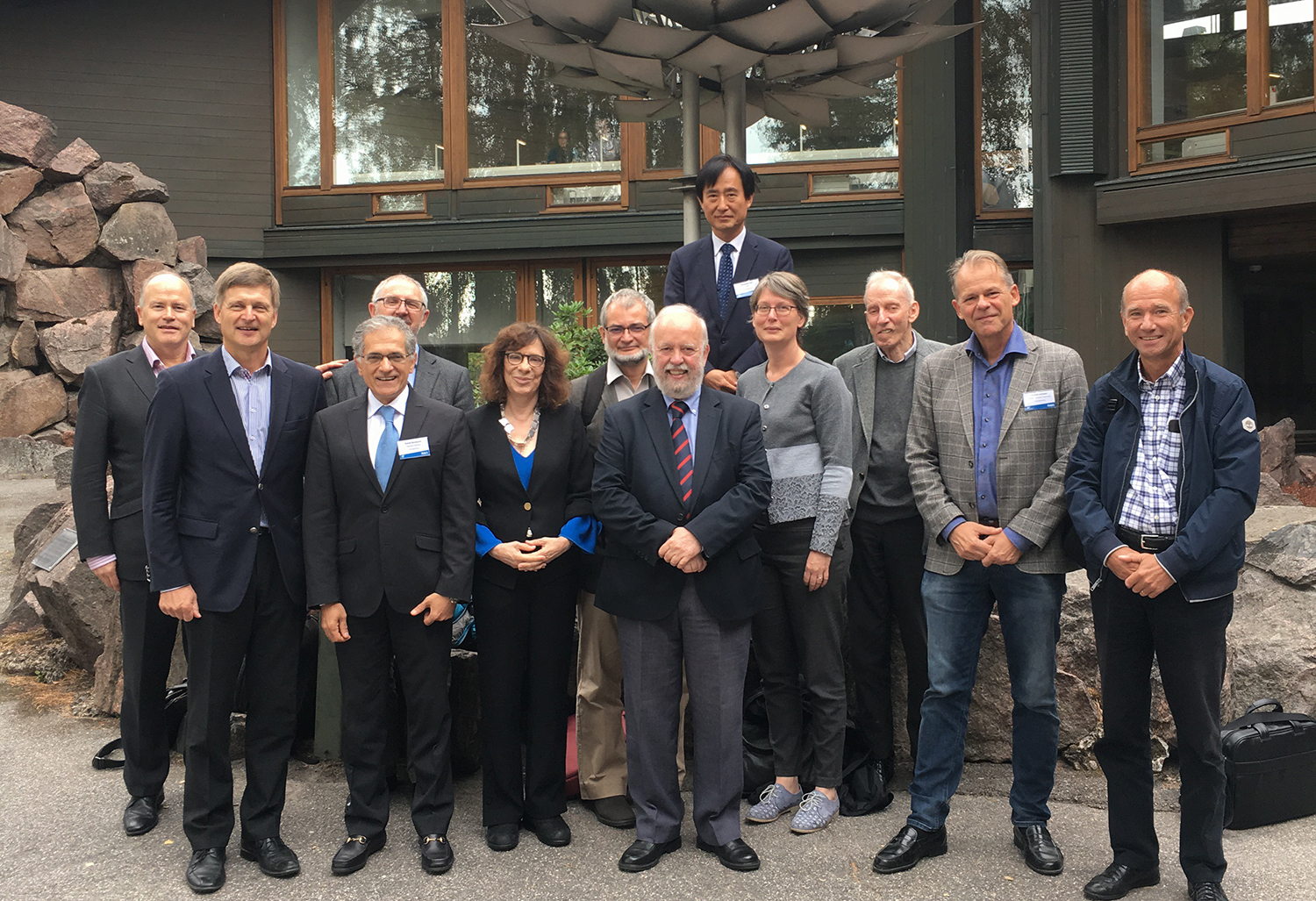Art, economics, and engineering in Finland
Prof. Kamal Sarabandi reviews a University focused on collaboration

 Enlarge
Enlarge
Kamal Sarabandi, Rufus S. Teesdale Professor and Director of the Radiation Laboratory, took a week out of his packed schedule to accept an invitation to evaluate the progress of Aalto University in Finland.
Aalto University was formed in 2010 from a merger of the Helsinki University of Technology (established 1849), the Helsinki School of Economics (established 1904), and the University of Art and Design Helsinki (established 1871) to strengthen innovation in Finland. Sarabandi led a panel to review the College of Engineering and School of Electrical Engineering.
“It’s important to see what other institutions around the world are doing, especially those that are daring to break with tradition,” said Sarabandi.
Aalto University and its leaders believe in collaboration across disciplines and a lack of hierarchy. To encourage open discussion, the top leaders of the University work in an open environment with no walls – even sharing desks. This creates a unique culture that is appreciated by faculty and students alike.
The University is a strong supporter of student led projects that combine art and science with economics and the business school, and of course engineering.
An example of a specific collaboration that impressed Sarabandi started with Chemical Engineering researchers who used a process to get cellulose out of trees – this was turned into fabric, then fashioned into designs and showcased at a fashion show.
Sarabandi also enjoyed the interactions with fellow panelists from around the world and learning about their institutions. “It was very enlightening.”


 MENU
MENU